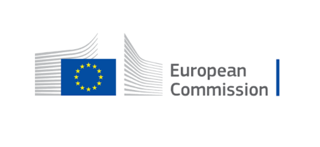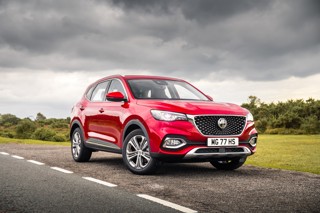The car manufacturing industry has been accused of ‘aggressive’ lobbying and making ‘unsubstantiated’ claims to derail EU plans to cut pollution from road transport
The briefing paper, ‘The seven (dirty) air pollution tricks of the auto industry’, warns that the industry is trying to turn the public and governments against Euro 7 standards, by whipping up fears that new standards will cripple sales and threaten jobs.
Euro 7 will set legal limits for nearly 100 million petrol and diesel cars sold in the EU after 2025 when it comes into force, according to the report's authors at clean transport campaign group Transport & Environment (T&E).
The car manufacturing industry has been accused of ‘aggressive’ lobbying and making ‘unsubstantiated’ claims to derail EU plans to cut pollution from road transport
The briefing paper, ‘The seven (dirty) air pollution tricks of the auto industry’, warns that the industry is trying to turn the public and governments against Euro 7 standards, by whipping up fears that new standards will cripple sales and threaten jobs.
Euro 7 will set legal limits for nearly 100 million petrol and diesel cars sold in the EU after 2025 when it comes into force, according to the report's authors at clean transport campaign group Transport & Environment (T&E).
T&E warned that citizens’ health will suffer for decades if the industry succeeds in ‘watering down’ proposed new standards on emissions from cars, vans, buses, and trucks.
Anna Krajinska, emissions engineer at T&E, said: “Affordable technology can now deliver huge cuts in vehicle emissions for less than the price of a paint upgrade for an average car. This is a unique opportunity to make air safer to breathe across Europe.
“But instead of embracing innovation to clean up toxic emissions, the car industry is aggressively lobbying against tougher regulations and using what amounts to dirty tricks, including misleading claims that the costs will threaten jobs and business.
“Lawmakers should look past industry scaremongering and focus on doing what is right for the health of millions of citizens.”
Earlier this month the Society of Motor Manufacturers and Traders (SMMT) highlighted UK car makers’ 11.8% reduction in fleet carbon emissions in its latest Sustainability Report.
And it asserted that OEMs remain focussed on a bid to deliver a choice of over 300 EVs to the market by 2025, up from around 130 available today.
SMMT chief executive, Mike Hawes, said: "Despite the adversity, the industry’s commitment and investment in zero emission vehicles remained undiminished, delivering the best-ever single year of fleet average carbon reduction."
The European Commission estimates that adopting cleaner emissions technology to meet Euro 7 standards would add between €100 and €500 to the price of a car.
In its briefing paper T&E calculates that 95 million cars will be sold between 2025, when the Euro 7 standard comes into force, and 2035, when the EU proposes banning sales of cars and vans with internal combustion engines (ICE).
The transport campaign group says that these cars could be on the road until 2050, while sales of ICE trucks are expected to continue to the mid-2030s and many to stay on the road for more than 12 years.
In 2020, the European Automobile Manufacturers’ Association (ACEA), Volkswagen, Daimler and BMW spent almost €9 million lobbying in Brussels, according to the EU’s transparency register, T&E said.
Earlier this year, ACEA launched a public campaign against Euro 7, making claims that the legislation would amount to a ban on the internal combustion engine.
The industry argues that Euro 7 will be ‘too expensive’ and is not technically feasible, but T&E’s paper notes that emissions control technology has progressed since 2008, when the current Euro 6 standards were agreed.
ACEA also published a study claiming that Euro 7 would have a limited impact on reducing air pollution and its impacts on health.
The T&E paper warns: “The car industry has a long history of crying wolf on emission standards, claiming that compliance will be impossible, too expensive, or cripple sales, only to fully comply and take credit once the regulation enters into force.”
Login to continue reading
Or register with AM-online to keep up to date with the latest UK automotive retail industry news and insight.





















Login to comment
Comments
No comments have been made yet.